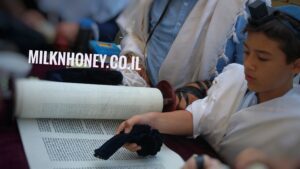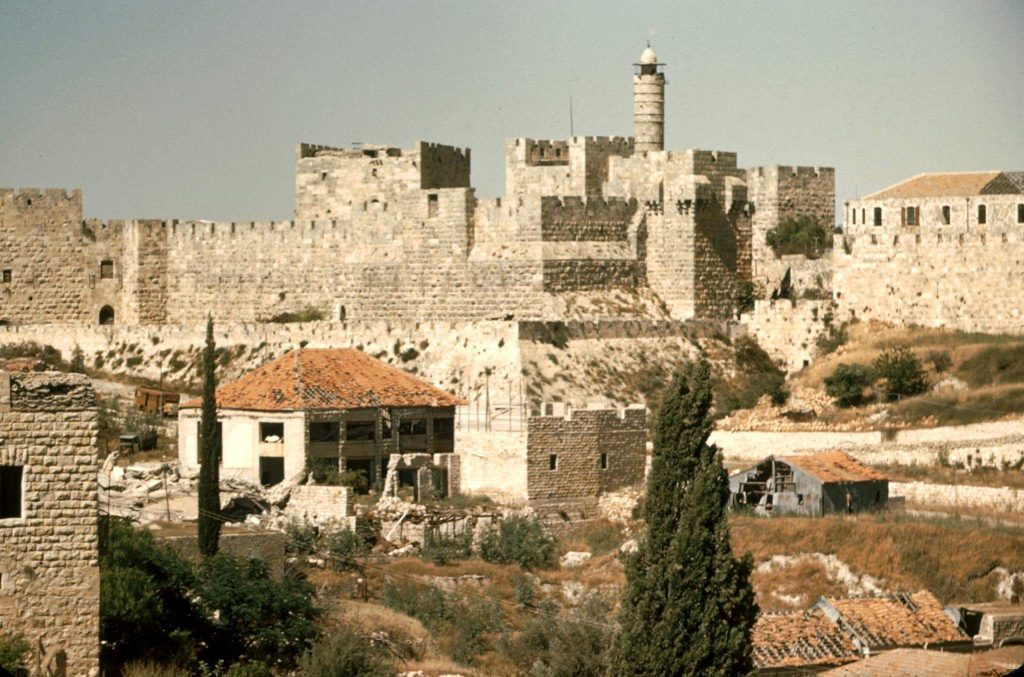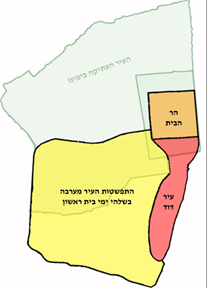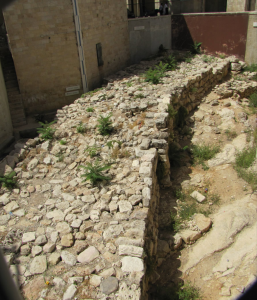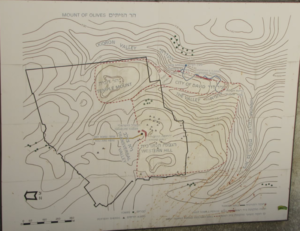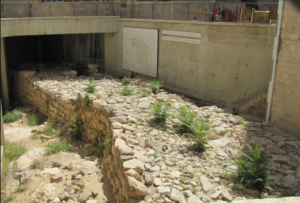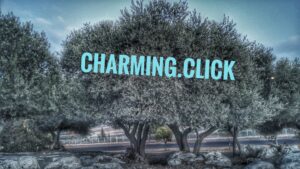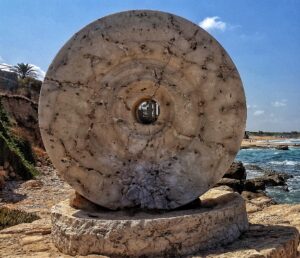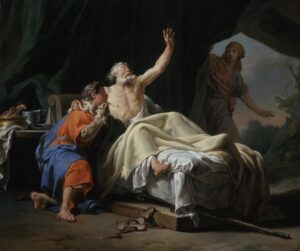Wrapping yourself with Leather straps and leather boxes can give you that sense of freedom
Imagine that!
When you purchase tefillin from me, you also receive an education about Tefillin. You can help to make the tefillin yourself. If you can’t make it to Jerusalem you can watch via Facetime, etc while I write the Perashiot. Not only will you learn the technical aspects and halachot, but will also become familiar with the allegorical significance of binding those black boxes with there holy messages scribed on parchments inside.
Order now for yourself or an upcoming Bar Mitzvah
Accepting the Yoke of Heaven can free you when you think positively
All of these concepts of accepting the yoke of heaven are written into the parchments inside the tefillin.
Shulchan Aruch 25 – When donning Tefillin one should contemplate on the four paragraphs in the Tefillin that discuss
- the unity of the Name of G-d
- the Exodus from Egypt tied to the arm facing the heart and on the head near the brain so that we will
- remember miracles and great events that He did for us that demonstrate his Unity, 4
- That He has the power of strength and rule in the heavens above and below to totally do as he pleases.
- He should dedicate all of the capabilities of his soul, which is in the brain and facing the heart, which contains the desires and thoughts. Through this he will remember his creator and reduce his pleasures (Rabienu Yona on Brachot 14 “Harotzeh Lekabel Alav”)
Cynics and Skeptics should remember that leaving slavery from Egypt is freeing. Exodus from Egypt is an important subject in the Tefillin Scrolls

Tefillin come in different sizes but are all the same square shape
The differences between the Tefillin that I make
I almost always make tefillin by order. I don’t prepare a stock of tefillin since every customer wants it a bit different. The differences are sometimes a bit confusing. The three main options that I offer are:
- Gassot Tefillin according to Rambam. These have totally separated compartments in the Shel Rosh – Tefillin worn on the head and are sewn with the thread going between the compartments. You need to inform me whether these are for a Left handed person.
- Gassot Tefillin with parchment written in regular klaf parchment. You need to inform me whether these are for a Left handed person.
- Peshutim Mehudarim Tefillin also with regular klaf parchment. These less expensive batim get worn out after just a few years. The Tefillin worn on the arm are same for right handed and left handed people, though the plastic cover is different. You can inform me at the end whether they are intended for left or right handed people, but earlier is always better.
I write the perashiot with three different kinds of lettering “fonts”. You need to tell me which you prefer.
- Sephardic
- Ashkenaz – Beis Yosef
- Ari-Zal – Hassidic
I write on two different kinds of parchment
- Klaf Meubad according Rambam and the gemara. This is treated with Oak Gall.
- Standard White Klaf parchment which is treated with Lime.
The two kinds of Gassot come in several different size groups. The smaller they are, the more difficult to make and more expensive they are.
- Tiny is 22-23.5 mm – Slightly Less Than 7/8 inch –
23mm Slightly More Than 7/8 inch - Medium 27-29 mm – between 1-1/16 inch to 1-5/32 inch
- Regular 32-34 mm – Betweent 1-1/4 inch to 1-11/32 inch
Peshutim Mehudarim are usually only one size of 32 mm – Slightly More Than 1-1/4 inch
I have several different grades of retzuot straps. They are usually, Avodat yad – hand made even when cheaper Peshutim Mehudarim are chosen. But the Gassot always come with Hand made.
Additionally,
- Peshutim Mehudarim usually have straps that are painted on one side
- For Gassot tefillin, you need to state whether you want black on both sides
- Rambam Tefillin always come with straps that are black on both sides, because Rambam states that this is preferable
שולחן ערוך אורח חיים הלכות תפילין סימן כה
סעיף ה
(טו) ו ז’] ה’) יכוין בהנחתם שצונו הקדוש ברוך הוא (טז) להניח ארבע פרשיות אלו שיש בהם יחוד שמו ויציאת מצרים על הזרוע כנגד הלב, ועל הראש כנגד המוח, כדי שנזכור נסים ונפלאות שעשה עמנו, שהם מורים על יחודו, ואשר לו הכח והממשלה בעליונים ובתחתונים לעשות בהם כרצונו. וישעבד להקב”ה הנשמה שהיא במוח, וגם הלב שהוא עיקר התאוות והמחשבות, ובזה יזכור הבורא וימעיט הנאותיו
